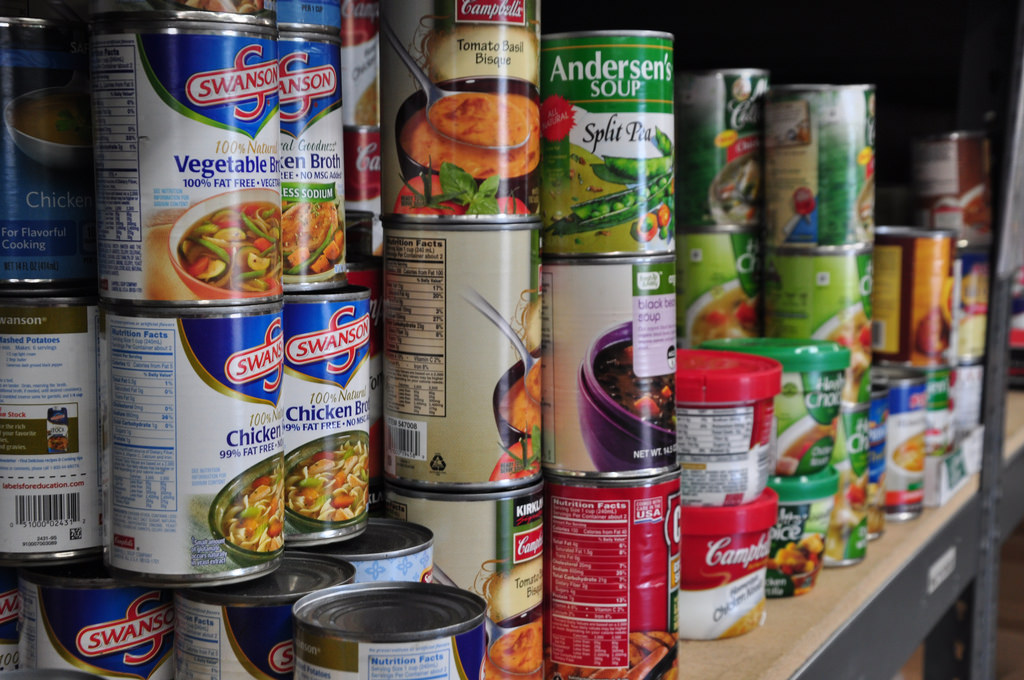At Pacific, We're Reckoning With Food Insecurity
 When you’re struggling with food insecurity, it’s harder for you to do your best work in the classroom or the athletic field, or even to think about your future.
When you’re struggling with food insecurity, it’s harder for you to do your best work in the classroom or the athletic field, or even to think about your future.
Unfortunately, food insecurity affects college students across the United States, as the recent report by the Hope Center makes shockingly clear. Researchers queried 86,000 college students about their basic needs and found that 45 percent reported they were food insecure in the previous 30 days.
At Pacific University, we are working hard to meet the nutritional needs of our students, many of whom are transfer students and first-generation students — both groups that are statistically at higher risk of food insecurity than their peers.
While we celebrate the increasing diversity of our student body, we must recognize the subsequent shift in student needs and be prepared to support our students.
Compounding the problem at Pacific and elsewhere, Oregon is one of the hungrier states in the nation, with one in seven Oregonians designated as food-insecure. This squeeze results from reductions in assistance programs, rising costs and employment insecurity, and the effects ripple through families and communities where hungry people live, work and study.
The Center for Sustainable Society operates a student-run food pantry called Boxer FoodShare, now in its second year of operation. It offers members of the Pacific University community an array of free, non-perishable food items, such as rice, soup and peanut butter. During the 2018-2019 school year, it served 530 visitors per semester — a number that undoubtedly is low, because many students prefer not to sign in when picking up food.
The food pantry is a bare-bones project. It gets $500 a year from the university’s Undergraduate Student Senate, which students use to shop for groceries. Boxer FoodShare collects other items through food drives and donations; the collection boxes outside the pantry are often full of groceries.
We are pursuing a partnership with Oregon Food Bank to get access to produce, dairy, and other grains. If we succeed, we’ll need a larger space that can accommodate a refrigerator-freezer, which we don’t yet have. (Get in touch if you have one to donate!)
For too long, hunger has been an overlooked problem on college campuses. As we awaken to the scope of the problem, it’s important for communities to work together to help take care of the vulnerable among us.
For all of us in Forest Grove, and communities across the country, it means working for policies and programs that increase nutritional equity, recognize food as a human right, and help us all to reach our potential.
Michelle Larkins, PhD, is the director of the Pacific University (Ore.) Center for a Sustainable Society.


